Sinai campaign. Part of 1. Prologue

(Vera Kamsha)
On the day of independence, May 15, 1948, Egypt, Syria, Lebanon, Transjordan, Saudi Arabia, Iraq and Yemen declared war and attacked the newly created Israel with the aim of destroying the newborn Jewish state.
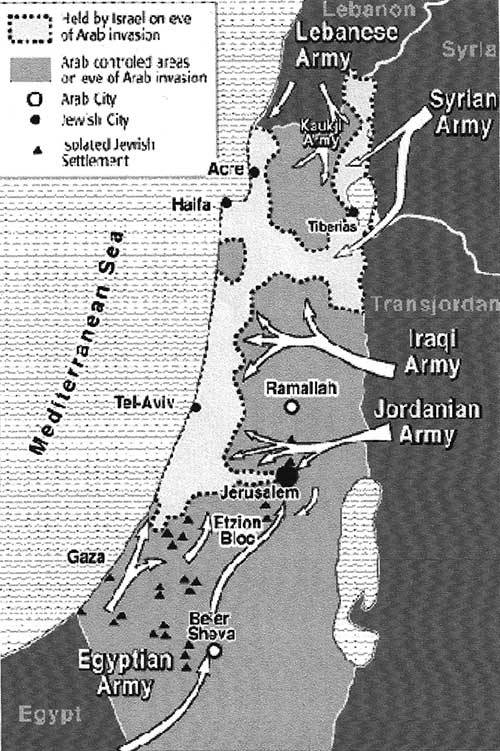
The war for the independence of Israel began. At the first stage of the invasion, the Israelis fought hard defensive battles. Since July, the Israel Defense Forces launched a counter-offensive and rejected the Arab armies. In the fall of 1949, the moment came when the Israelis could completely destroy the encircled Egyptian army, but the intervention of the British forced Israel to cancel the prepared operation. America also did not support the Israelis. Negotiations held at the initiative of the United Nations and the United States did not allow the matter to be completed. Israel’s victory led only to a temporary truce with the Arab countries that participated in the 1949 war.
Already in August 1951, Egyptian Foreign Minister Mahmoud Fawzi declared: "The general agreements on a cease-fire between Egypt and Israel do not include provisions interpreting the legal and technical termination of the state of war between Egypt and Israel."
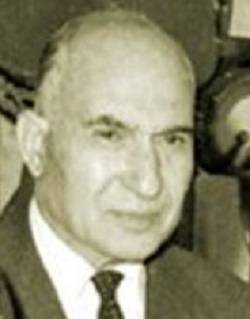
1 September 1951 The UN Security Council ordered Egypt to open the Suez Canal for Israeli shipping. Egypt refused to comply with this instruction. Ahmad Abdel Nasser, who overthrew King Farouk in 1952, said: "Technically, Egypt is still in the war against Israel."
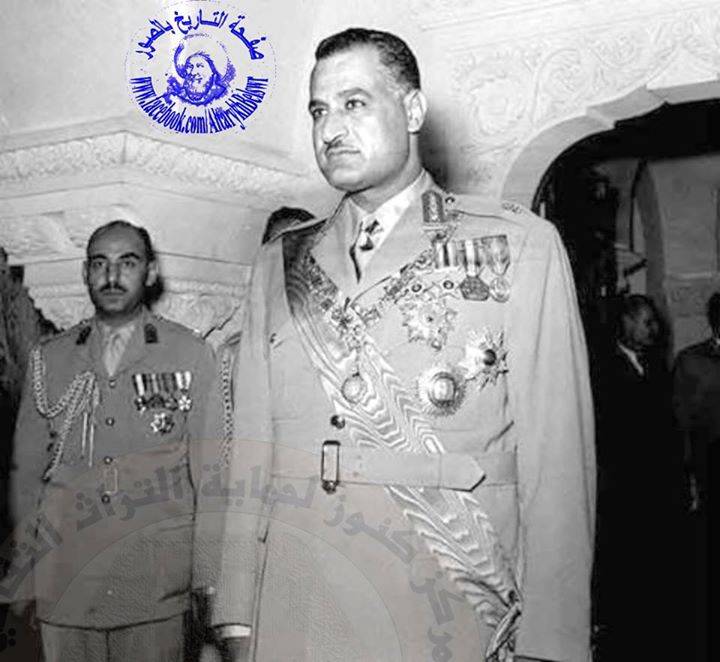
In April, 1954, the former Egyptian Foreign Minister Mohammed Salah al-Din Bey told the Al-Misri newspaper that "the Arab people, without any embarrassment, declare: we will not be satisfied with anything other than the complete elimination of Israel from the Middle East map" .
In fact, the biggest trouble for Nasser did not come from Israel, but from Britain, France and the Islamic countries of the Middle East. For all these countries, the Nasser regime was too revolutionary, and the revolution, as we know, has a tendency to spread. Although officially with England, Egypt had a friendship, and England even sold Nasser weaponbut in the future both countries understood that the “anti-colonial” development of the new Egyptian policy gradually weakened the influence of England in the region. In addition, Nasser claimed to be the leader of the entire Arab world, and many other Arab leaders disagreed. 24 February 1955, the United Kingdom, Iraq, Turkey, Pakistan and Iran signed an agreement on military cooperation, the “Baghdad Pact”, something like the Middle East NATO. Egypt was not invited to this treaty, and Nasser had serious concerns that he might be left without allies. In addition, the countries of the Baghdad Pact have now begun to arm themselves with Western weapons, claiming that they are a shield against the penetration of the USSR to the south. Naser West was not going to sell weapons, except perhaps for England, which sold Egypt 41 the Centurion tank, 200 self-propelled Archer installations, 70 jets, 2 warships and 150 guns. Egypt also asked America for two frigates and 600 jeeps. This was not enough for his army.
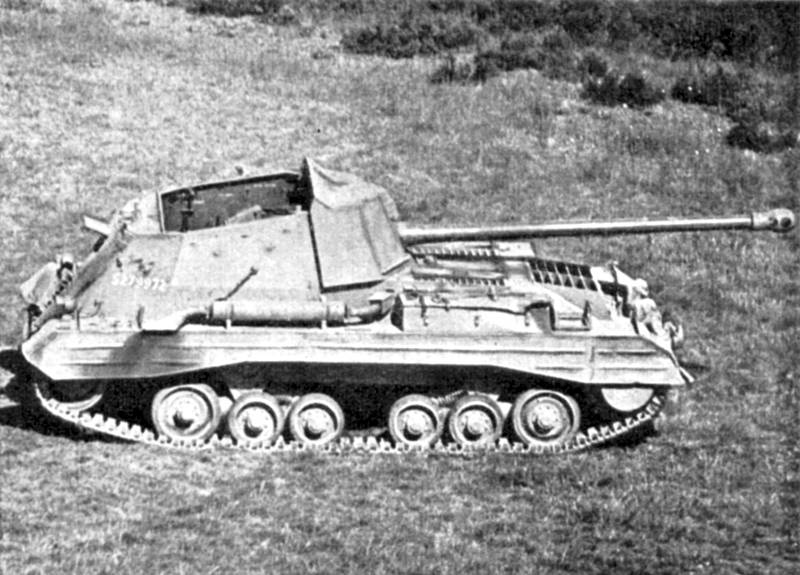
Nasser found a weapon in Czechoslovakia, beyond which loomed the imposing shadow of the Soviet Union. The mediator was the Chinese Prime Minister Zhou Enlai.
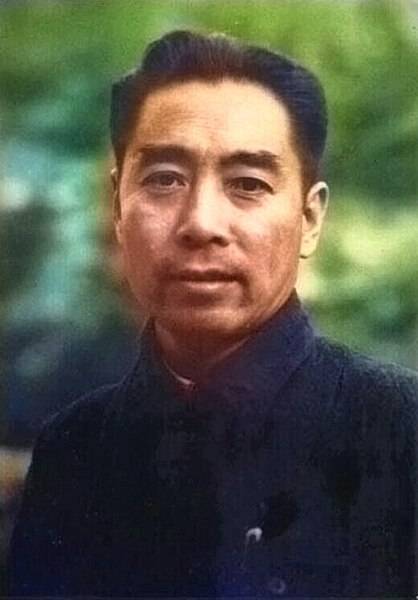
Everything looked quite understandable. Appeals from the USSR are constantly being made to fight against colonialism and neo-colonialism. In response, a new military bloc was created in the south against the USSR. Now the Soviet Union must oppose this in the region. Nasser widely talked about the "Egyptian revolution cultivated in the fields of Palestine," and the Soviet leadership decided that he was "his own man." The treaty between Egypt and Czechoslovakia was signed in the second half of 1955, and in the fall, Soviet arms poured into Egypt in the fall.
The reaction to this was different in the USA and in Israel. The Americans did not divide the Middle Eastern countries into their own and others. Their answer was 30 August through the mouth of Secretary of State John Foster Dulles and was balanced:
And everything ...
In Israel, there was real mourning. It was impossible to fight with obsolete Anglo-German-improvised weapons against the latest Soviet. It was a serious problem ...
In fact, the whole life of a small republic, starting from the day of its victory in the War of Independence, was one continuous chain of problems, one the other more difficult and confusing. Its population has almost tripled in 7 over the years — from 600 thousand people to 1 700 000. The economy had yet to grow, but new citizens had to be fed and somehow settled - right now. They had to be treated - among them there were quite a few patients who came to Israel almost straight from concentration camps. They had to be taught - among the 700, thousands of Jews expelled from Arab countries and accepted by Israel were illiterate. From the situation out through improvised measures. People were distributed to already existing agricultural settlements. New plants were urgently launched - this required a lot of work and a lot of water, which was still to be produced. The new arrivals were settled in “tents”, which were made from 4's poles and 5 sheets of tin — 4 on the walls and one on the roof. Of these materials, which are not very suitable for construction in the local heat, Israeli were only poles. Tin was British, with warehouses left by the English army. And it was not about philanthropy. Simply practical British, evacuating before the division of the mandate, considered that this tin is cheaper to quit than to take out.
The problems were not only material, but also social. Those who came from the "eastern" communities were not just products of the Arab civilization, but quite often reflected its bottom. Crime, prostitution and drug addiction, previously not too familiar to Israel, soared to the skies. A Moroccan Jew, having quarreled in line for flour distributed with a Bulgarian Jew, cut off his nose with a knife - this story hit the newspapers and had a national resonance.
There was a completely separate security issue. The Arab countries that were defeated in the 1948-1949 war of the year have so far not risked starting the “second round”, which all their press has written about all the time. But everything possible that could be done to the detriment of Israel, without reaching the threshold of full-fledged war, was done, and indeed, fully.
All normal trade ties have been torn. Israel was declared a full economic boycott. Not only the Suez Canal was closed for Israeli ships and even for cargo going to Israel, which, generally speaking, violated the international convention governing the work of the channel - but even access to the Gulf of Aqaba to the Israeli port of Eilat was blocked by the Egyptian army. (This action in itself is a casus belli - the reason for the war. Ten years later, Nasser will repeat this trick - will block Israel’s access to the Gulf of Aqaba and will be terribly surprised when it receives the Six-Day War.)
Borders were not recognized and as such were not defensively guarded. That is, they were not guarded selectively - armed groups of “fidains”, such freedom fighters, were allowed to pass to the Israeli side without hindrance. At first they were refugees from the most desperate, who settled in the border areas. They began to cross the border at night with the aim of stealing. They, committed acts of vandalism. These people penetrated into Israel from Gaza (it was Egyptian) and across the Jordanian border. To their surprise, they received resistance from a weakened army not strong. Then the cases of robbery and murder began. Seeing such Palestinian zeal, the Egyptian services set about organizing and training subversive groups. In place of the individual hot heads, overwhelmed with thirst for revenge, came well-trained and equipped saboteurs. The Fidains were subordinate to the Egyptian military intelligence service and stationed in three camps (No. 9, 10 and 16) in the Gaza Strip, on the coast west of Gaza City. At the time of creation, the number of such units was 700 people, while the Arabs intended to increase it, as well as organize similar parts that would operate under the control of the special services of Jordan, Syria and Lebanon. In addition to the regular payment in the amount of ninety Egyptian pounds, fidain received an additional reward for each raid across the border of Israel and separate bonuses for successfully completed tasks - murder and sabotage. In total, for the 1951 — 1955 period, Israeli 503 died at the hands of saboteurs coming from Jordan, Israeli 358 died at the hands of Egyptian fidains, and 61 a Jew was killed by people who had infiltrated from Lebanon and Syria. Differences between military and civilian, or between men and women, or, say, between adults and children, didn’t make feedins. Border incidents happened almost daily, and the army could not cope with the defense of the country from attacks. Protection measures also had to improvise. One of the events consisted of reciprocal night raids into the territory of Jordan. This was done by a special unit whose very existence was denied. People were taken there the best, literally one by one - and the results were very positive. This unit was commanded by a very energetic and efficient young officer, 25-year-old major named Ariel Sharon.
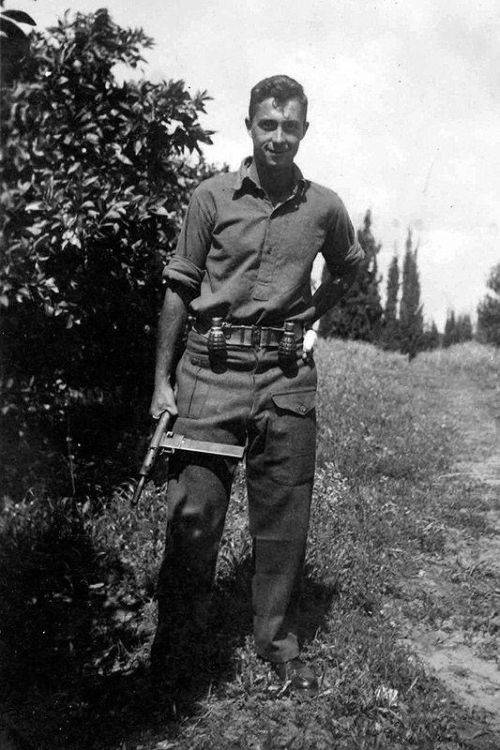
After 45 years after the events described, he will become the Prime Minister of Israel.
The number of incidents on the Jordanian border between 1953 and until the fall of 1955 fell sharply. But, however, the border with Gaza, which was controlled by the Egyptians ...
In short, there were plenty of problems, and a wide variety of problems.
Nevertheless, the news that Egypt had signed a "commercial agreement with Czechoslovakia on the supply of weapons to Egypt," caused an immediate crisis, pushing everything else into the background. Israel faced the problem, the problem with a capital letter.
The supply of weapons to the Middle East was regulated by the 1950 Tripartite Agreement between England, France and the United States. The idea was to limit the arms race in the region, and the agreement was more or less implemented. By 1955, Israel had about 50 first-generation fighter jets — French and English — and about 100 old tanks "Sherman" since the Second World War.
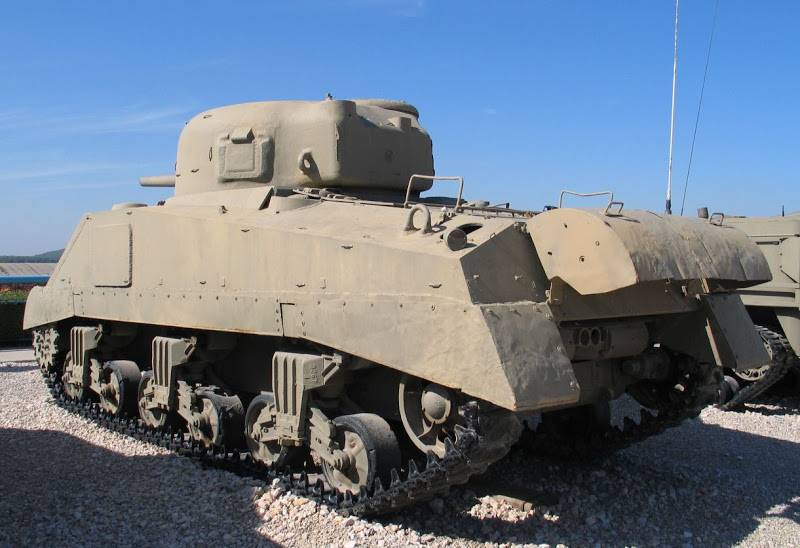
Egypt had about 80 the same aircraft and about 170 tanks "Sherman".
The difference in the number did not worry the Israeli command too much - they firmly believed in the qualitative superiority of their soldiers. The main concern at the beginning of the 50-s was to get at least some standard weapon for the infantry - instead of two dozen different types of rifles left over from the War of Independence. But even these rifles were not enough. At least, I wanted to provide at least one standard cartridge.
At the beginning of the 50-x began to enter the arsenal of local production, "Uzi", but still in very small quantities.
Shells of tanks got, literally, on the scrap metal dumps in Europe, and then with great work and expenses reworked them into something that could move.
"Czechoslovak commercial transaction" changed all the rules of the game.
Although the parameters of the transaction remained unknown for a long time, everyone understood that such a big diplomatic step would not be taken for the sake of trifles.
As it turned out, Egypt received 200 airplanes of the “second generation” - i.e. much better than Israeli Meteors and Hurricanes, around 400 tanks and self-propelled guns — much better than Shermans, 200 armored personnel carriers, and even warships — for example, 6 submarines.
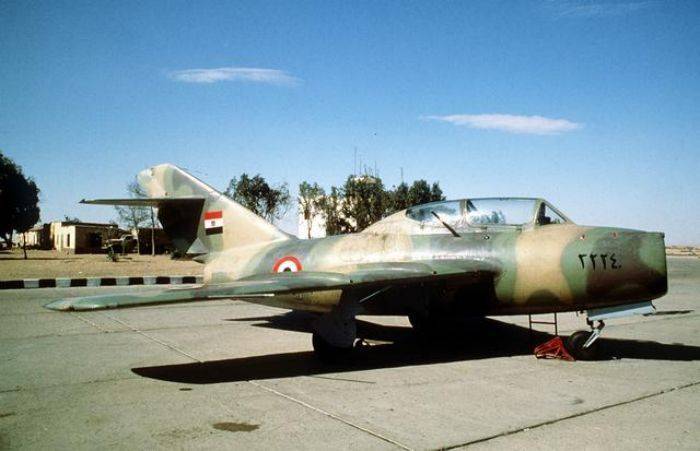
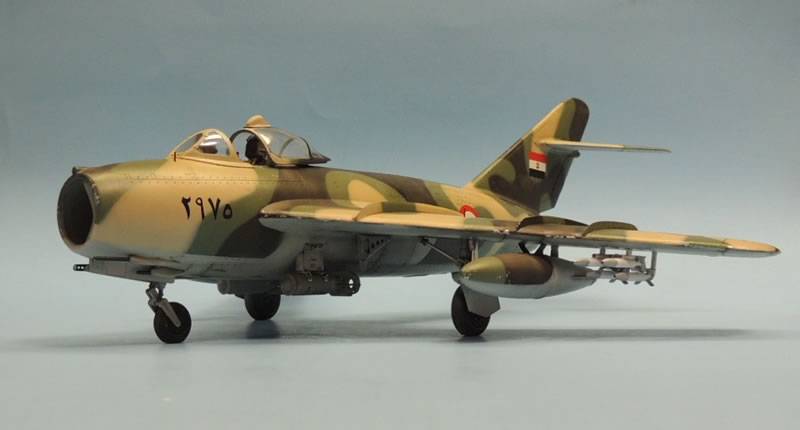
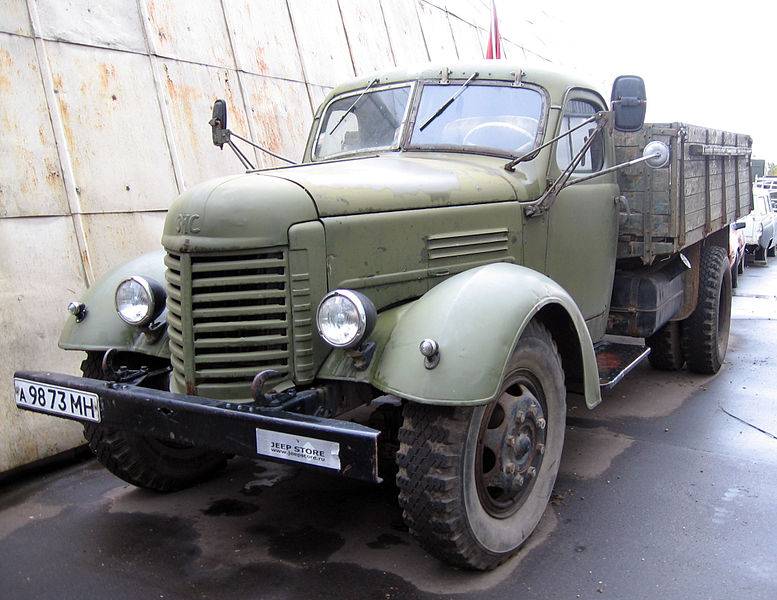
No one wondered where the submarines came from in Czechoslovakia. Because it was quite clear that the Soviet Union was behind the deal, and indeed this great power and submarines have, and will not be limited to any tripartite agreements ...
Since the preponderance of 4 or 5 to 1 is hard to reflect with one valor, immediate decisions had to be made. The choice was simple: either an immediate “preemptive” preventive war, or an attempt - urgently and immediately - to find somewhere a source of weapons that would allow at least to somehow equalize forces.
Already October 10 Knesset gathered for an extraordinary meeting.
The right-wing opposition smashed the government for inaction. Other deputies were not much more restrained. "If the Americans do not sell us weapons, they cannot expect that we will wait until we are slaughtered as if in a slaughterhouse ..." - it looked like a typical quote. The Prime Minister, Moshe Sharet, however, expressed the hope that "... the world will not remain indifferent and will not leave Israel unarmed in the face of such an obvious threat to the very life of our country ...".
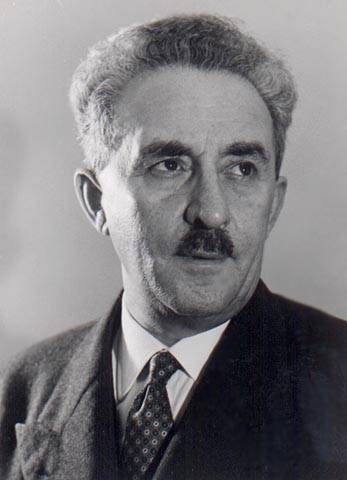
On Sunday, October 23, 1955, Sharett flew to Europe. Over the next 9 days, he met with many influential people in Paris and Geneva - French Prime Minister Faure, Foreign Minister Eden of Great Britain, and even US Secretary of State John Foster Dulles.
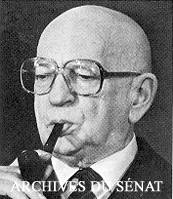
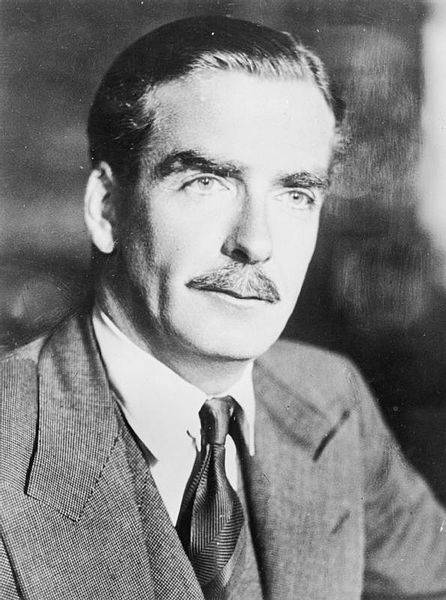
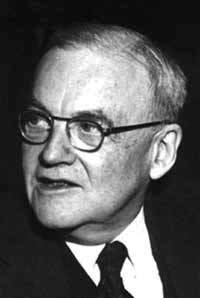
They met him rather unkindly. Many Western diplomats expressed bewilderment why, in fact, Sharett appeared at all in Geneva, where the leading countries of the world discussed “... really important global issues ...”
He was denied arms shipments.
True, Macmillan told the Israeli ambassador to the UK, who was also present at the meeting: “You can’t imagine how painful it is for me to talk to you in this way,” but, as a true Englishman, he courageously dealt with his pain and refused to supply arms .
Dulles expressed himself more gently, but this did not change the essence of the matter.
He believed that "all controversial issues should be resolved by the world", that "Israel should think about territorial concessions" and that "the fate of a small country cannot depend on its arms, but only on compliance with international agreements and on the UN."
Privately, Dulles expressed the hope that vague talk about the possible sale of certain types of defensive weapons to Israel would allow time and keep Israel from "... rash actions ..."
However, a fundamental decision has already been taken - Israel should be denied arms, and the problem of the “Czechoslovak deal” should be resolved in negotiations with the President of Egypt, Gamal Abdel Nasser.
Dulles was not a villain at all.
He was in the position of a chess player, whose opponent made an unexpected and strong move. The chessboard was peace, and the enemy was the USSR.
Soviet weapons for Egypt gave the Soviet Union a political presence in the region, where it had no "clients" before. If the United States or Britain supplied Israel with arms, they would lose a large share of influence and authority in Arab countries. But if they had not done this, then the victory of Egypt in the future inevitable war — or, at least, confrontation — would have been achieved with Soviet weapons, which led to the same result, a gain for the USSR.
It remained to seek countermeasures and they were found by the Americans.
In agreement with England, the so-called “Alpha Plan” was adopted in the United States.
The essence of it was as follows: Nasser receives "Czechoslovak" weapons. He will also be offered extensive US economic assistance in the form of loan consents to finance the construction of the Aswan Dam.
The conflict between Egypt and Israel will be settled. Israel will give up something to the south — the entire Negev, as suggested by English Premier Eden, or part of it, as suggested by American diplomats. Thus, the indispensable condition of Nasser about the “bridge” between the Arabs of Asia and the Arabs of Africa will be satisfied - Egypt will have a common border with Jordan.
Israel will have to be "persuaded" to make territorial concessions "in the interests of a common peace," and it will be necessary to keep it from long-term negotiations with vague promises to "favorably consider" its requests for arms supplies.
But since the Arab-Israeli war would still be undesirable, Egypt will make peace with Israel - or, at least, enter into serious peace talks with the US, with the American “benevolent mediation ...”
In addition, it was understood that Egypt and its president, Gamal Abdel Nasser, will join the so-called. The Baghdad Pact, which will unite the countries of the Middle and Near East into a single unit under Western patronage, in order to eliminate Soviet influence in the region.
Turning to chess terms, this was an elegant plan - it was only necessary to “move the pawn”, i.e. Israel.
"Pawn" move categorically refused.
The reasons were quite understandable - Israel had to give the Arabs more than 1 / 3 of its territory, its only port on the Red Sea, to agree to the deterioration of the already very unsatisfactory borders - all this in exchange for the word of honor of the leader of Egypt, given to him in that, that he considers the conflict over.
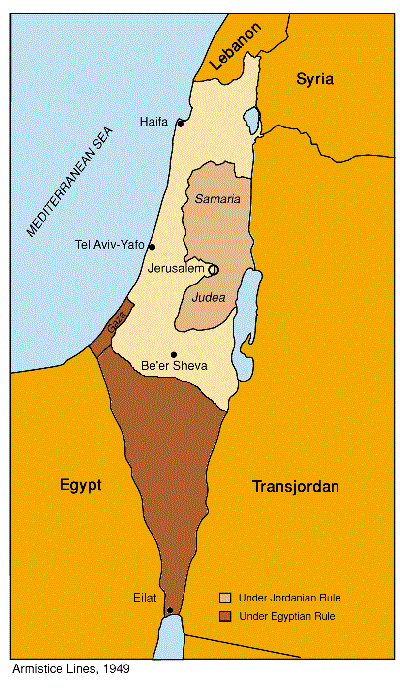
But the most interesting thing was that Nasser also did not accept this seemingly advantageous American-English proposal. Nasser’s position was strong, he had already received Soviet weapons, and the Israelis were still patching up old tanks.
As Fuad Ajumi wrote in his famous book "Dream Palace of the Arabs":
Nasser, in fact, did not refuse the proposals, he listened to them affectionately. He even said that these sentences are quite sensible, especially English. He just did not want to do anything that was required of him.
Of course, it is very difficult to understand a person so far from our culture.
In the 2004 year, a new biography of Nasser, written by a Palestinian Arab, clearly an intelligent man, half-life spent in Europe, worked for Reuters and BBC, it is written that Nasser was a gentle and kind person who participated in only one political attempt once - and he did not like it.
In the memoirs of Nasser’s friend, Mohammed Haykal, it is ingeniously written that when the new rulers of Iraq sent Naser as a souvenir, the cut off finger of his enemy, the Iraqi Prime Minister Nuri Said, who was killed by him, Nasser “sadly smiled and ordered to bury the finger in the garden of the presidential palace ...”
Try to imagine Charles de Gaulle, who received Guy Mollet's finger as a gift from Eden, and the difference in “time of civilizations” will become clearer for you.
But, in addition to cultural differences, Nasser had quite rational reasons for his intractability. He was not satisfied with any, even the most generous gift, if he forced him to take a certain position in the dispute between the USSR and the USA. Keeping in the middle, maneuvering and selling his unreliable loyalty again and again was incomparably more profitable. In addition, Nasser no longer considered himself as the leader of only Egypt - he insisted that he represented all Arabs. Consequently, the agreement is not just about peace, but even about peace talks with Israel; this was unacceptable to him.
In Israel, meanwhile, an informal committee, which was headed not by Prime Minister Sharet, but a much more authoritative person — the Minister of Defense in the government of Shareta, was looking for a solution. The point was not what kind of post this person held, but who he was.
David Ben Gurion in Israel was the equivalent of Lenin or Washington — the founding father of the nation, a living legend.
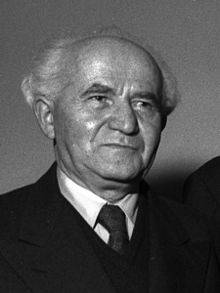
He really was a very remarkable man. A typical representative of his generation, "cosmopolitan without a root," who spoke half a dozen languages, he was born in Poland, joined the Zionist movement, moved to Palestine to "build a country", received a law degree in Turkey, and gained influence as a Palestinian trade union leader.
By the beginning of the War of Independence, he became the undisputed leader, pushing even such bright people as Zeev Zhabotinsky and Chaim Weizman to the side. Under his leadership, the war was won, disarmed and disbanded “private” armies like the strongly right Irgun or the strongly left Palmach, created apolitical — not the parties, but nations as a whole — the army and the court. To top it all, after the victory, he gave up power - went to his kibbutz in the Negev, and took up there, in particular, learning Spanish - he had a fantasy to learn to read Don Quixote in the original. Interested in ancient Greek philosophy, he learned Greek in order to read Plato in the original, and fascinated by the works of Spinoza, learned Latin.
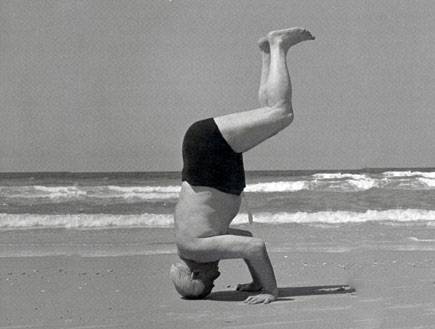
By the time of the "Czechoslovak" crisis, he returned to the government as Minister of Defense and the search for a solution naturally fell within his sphere of responsibility.
The functions were divided - the Foreign Ministry and Premier Charette tried to convince the Americans (there was no hope for the British) to change their position, and the Ministry of Defense tried to get the weapons they had already ordered from French arsenals.
Not much was ordered - 12 airplanes and 30 tanks, but Ben Gurion’s protégé, a young but very capable director of the Ministry of Defense, named Shimon Peres (he would become President of Israel in 50 years after the events described), believed that achieve something. Not immediately, but he really succeeded. At first, it looked quite hopeless. The French Foreign Ministry even made an attempt to stop the already agreed deliveries - there was a “bright idea” to exchange the embargo for Israeli weapons for Nasser’s agreement to stop helping the Algerian rebels. This attempt was scornfully rejected. And then the point of view of the French Ministry of Defense won, which proposed to create problems for Nasser on its eastern flank.
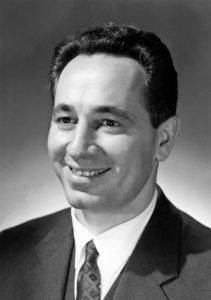
The considerations in favor of cooperation looked convincing - Israel was ready to buy French weapons on a long-term basis, was ready to pay in cash. After news of the "Czechoslovak" weapons for Egypt in Israel began collecting funds from the population for service through a special defense fund. People sacrificed valuables right up to wrist watches and wedding rings. In addition, a regular tax was imposed on the people - on defense. 50 million lire was additionally allocated to the defense budget (27 million dollars - at that time, there was a lot of money, in the 50s of the last century, the average monthly salary in the USA was about 275 dollars) collected literally by bits. Israel readily provided France with intelligence data related to Egyptian activities in Algeria (which proved very valuable to the French army).
The last straw was India’s unexpected rejection of the already agreed supply of 200 to French Mystere airplanes - the Russians offered MiGs to India on incomparably more favorable conditions, similar not to a commercial deal, but to a gift.
With all their desire, Israel could not compensate France for this damage - there were simply no funds for 200 jet fighters - but Israel was ready to buy 50-100 aircraft, and it was much better than nothing.
The transaction took place. Its exotic feature was the need to respect the secret, not only from Americans, for example, but also from their own foreign ministries.
The aircraft flew to Israel in small groups, under the guise of old cars sent to the manufacturer for repair, and returning back. Just come back a lot more than flew away. The tanks were delivered not from France, but from army warehouses in Algeria, and not to the port, but directly to the coast, disembarking from tank landing ships.
The military did not sit idly in anticipation that the politicians would achieve some kind of result.
The army was feverish preparation. Soldiers were taught day and night - in the most literal sense of the expression. The old decommissioned reserve tanks were quickly rushed in the hope of having time to form a second full-fledged tank battalion - as long as there was only one.
Even in the winter of 1955, less than two months after receiving news of the “Czechoslovak deal,” the secret part of the commando — already deployed in the 202 parachute battalion — received reinforcement and became a parachute brigade, all with the same number — 202. It was headed by the same intelligent young officer, Ariel Sharon, now a colonel.
В aviation - then she was commanded by General Dan Tolkovsky, the pilots were taught tactics that gave the unstable Israeli Meteors at least some chance against the fast MiG-15s.
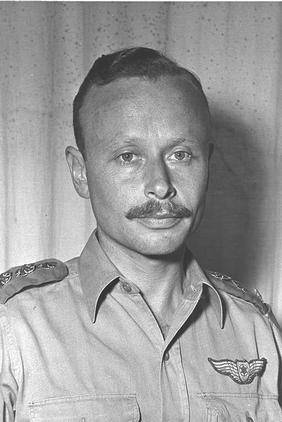
The idea, invented by one of the best pilots of the Israeli Air Force, was to deliberately give the MiG to go on the attack from the tail, and at the last moment to slow down, falling down and letting the enemy plane through. This gave 2-3 seconds of advantage, during which it was possible to have time to shoot down an enemy aircraft. The ace did it - the problem was to teach the same puzzle technique to everyone else.
The introduction of the method involved the Deputy General Tolkovsky, 30-year-old Colonel Ezer Weizman - generally known for his great originality of approach to the problems he encountered. Ezer Weizman, then still a young pilot-dolt, and in the future - the commander of the Air Force and the President of Israel.
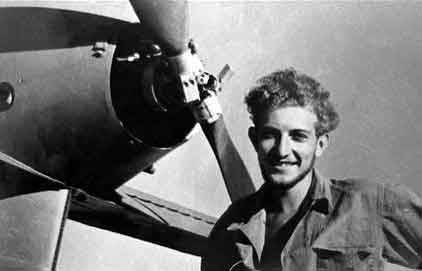
Getting 36 modern "Mystere-IV" has finally taken off from his shoulders such exotic tasks as organizing a successful air combat obsolete aircraft against a much more modern enemy.
Israel also received 140 light tanks AMX-13 and 40 upgraded "Shermans", another 100 "Shermans" were expected in the fall.
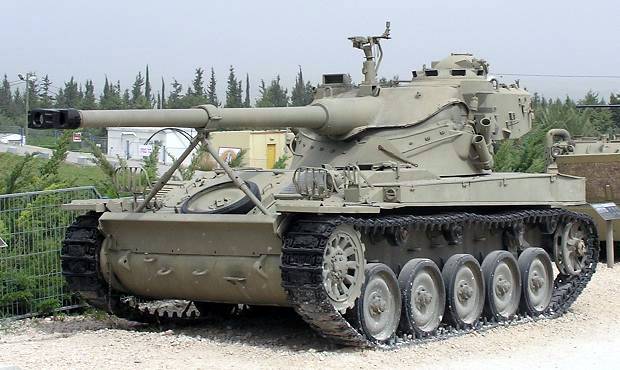
The AMX-13 was armed with an 75-mm cannon with a high muzzle velocity, made up to 60 km / h., Had weak armor, but was well suited for reconnaissance and acting from cover, was good enough for anti-tank defense tasks.
In any case, it was not necessary to choose - the Israeli tankmen took what they give.
By September, the 1956 of the year was planned to have a total, taking into account the 130 machines that were previously available, 380 tanks, more or less modern.
Israel’s only armored brigade, 7, with its notorious single tank battalion, now not only formed the second such battalion, but also began to “multiply” in shock order: two new reserve tank brigades appeared - 27 and 37, armed mainly with AMX-13 tanks.
All this time, the clashes on the Syrian and Egyptian borders almost did not stop. Observing how Czechoslovak specialists set up armaments on the banks of the Nile and how Egyptian officers fly to Czechoslovakia for an internship, Ben-Gurion and Moshe Dayan "looked at each other with eyes full of tears."
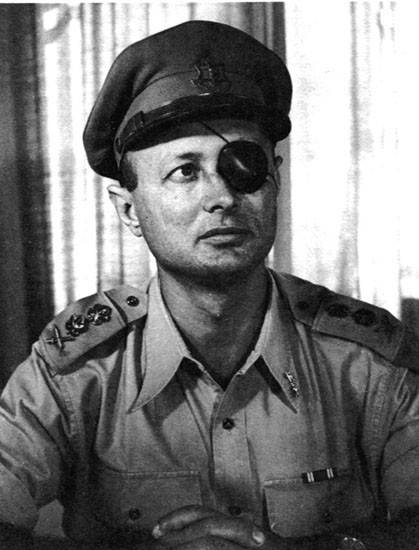
Messages to Washington again followed. Ben-Gurion proposed the creation of an American military base in Israel. Alas, Eisenhower is still not in a hurry to get into the US directly not related to the Middle East conflict.
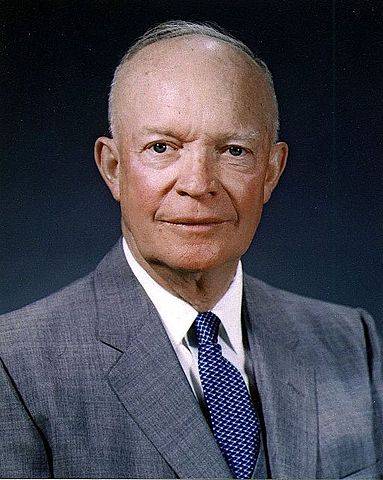
As long as you do not support one of the parties, you are free in politics, and as soon as you supported someone, you became bound. Unlike the United States, the USSR directly preferred Israel to a dozen Arab countries, although the Arab oil was not needed by the Soviet Union, because there were bright oil prospects in Siberia.
Our story could well end at this point.
But it has not ended.
Unarmed Israel was already on the verge of a real military catastrophe, when suddenly the world changed and presented it with a chance in the form of two unexpected strong allies ...
To be continued ...
Sources:
Boris Tenenbaum. The unknown Arab-Israeli war of the 1956 of the year. 2011.
M. Shterenshis. Israel. The history of the state. 2009.
Israel after 40 years by Aaron S. Klieman.
1990, Pergamon, New York.
Arabs in War, by Kenneth M. Pollack.
2002, Nebraska University.
Israel's Wars, by Ahron Bregman.
2003, Ruthledge, New York.
Wikipedia articles, Cyclopaedia, etc.
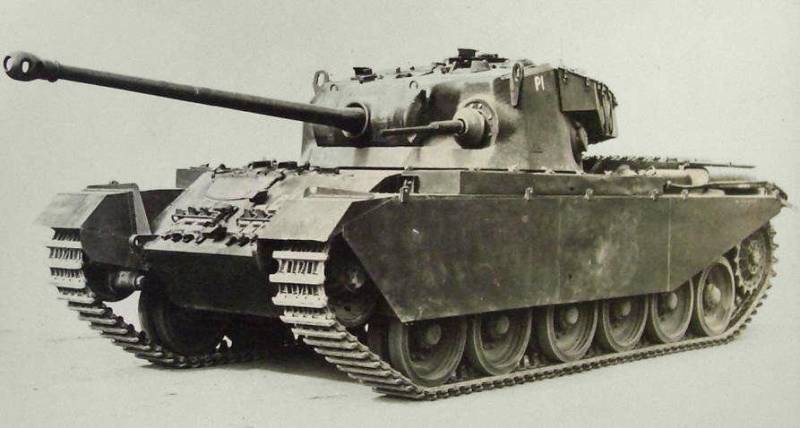
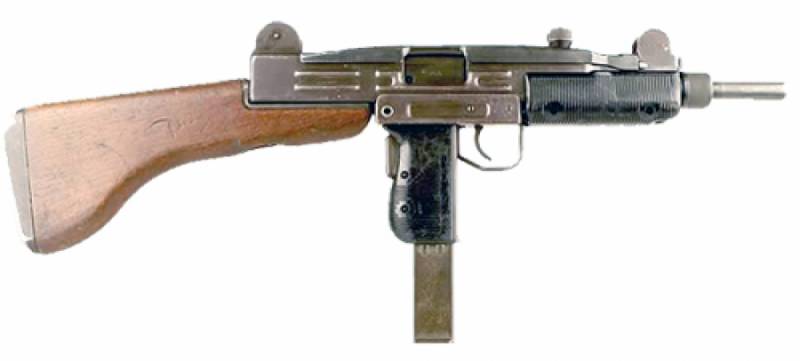
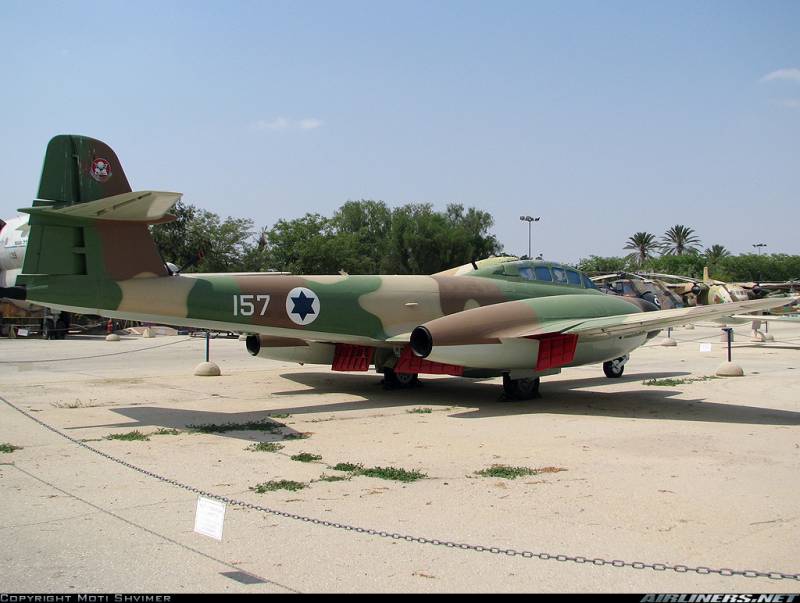
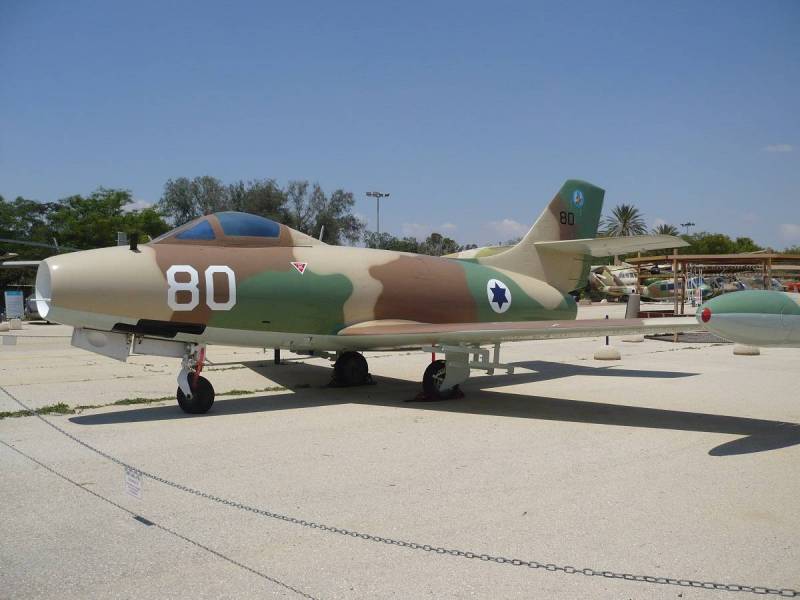
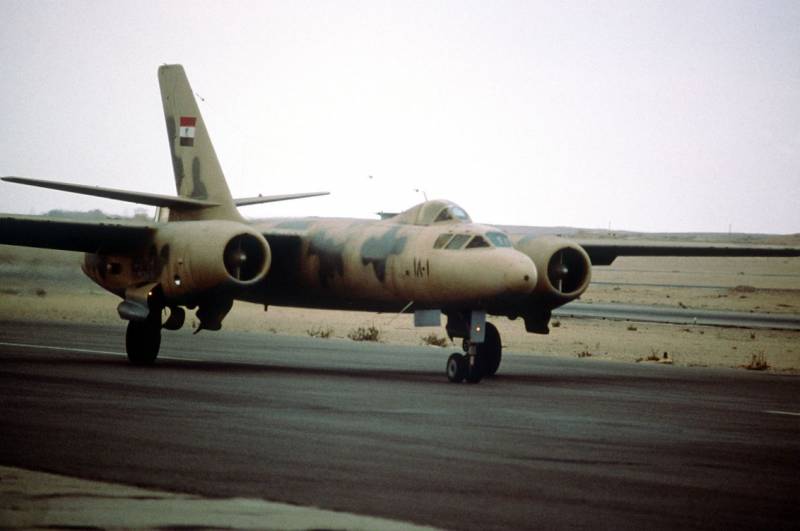
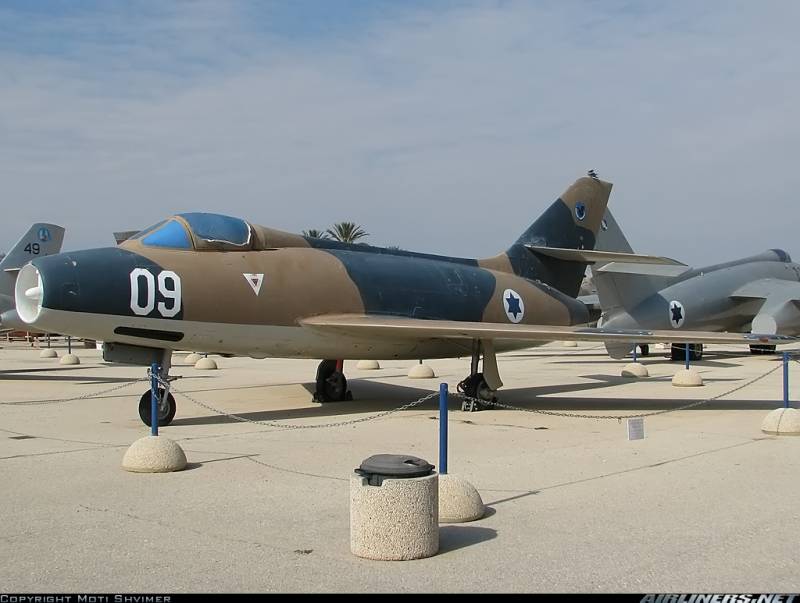
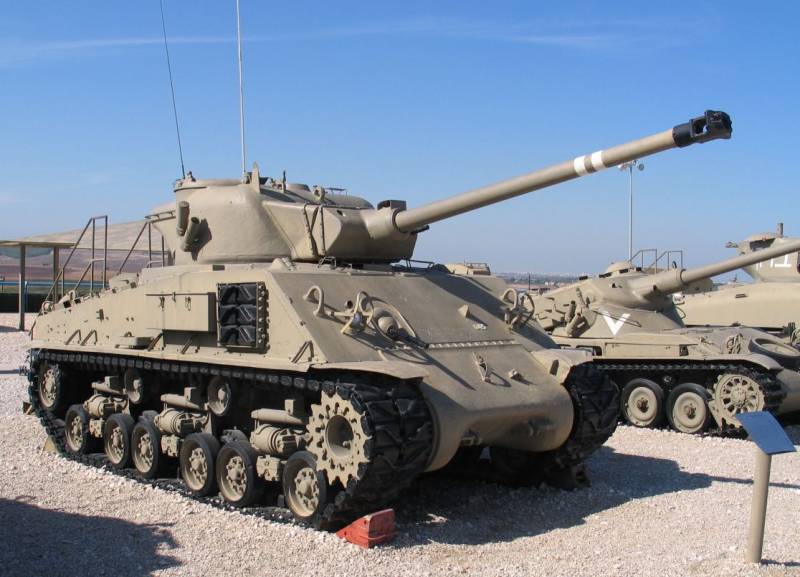
Information